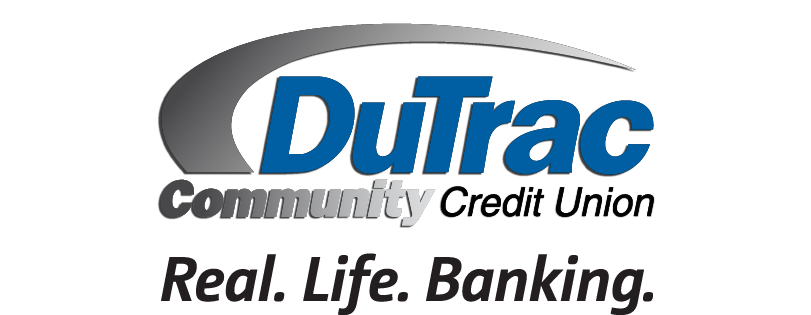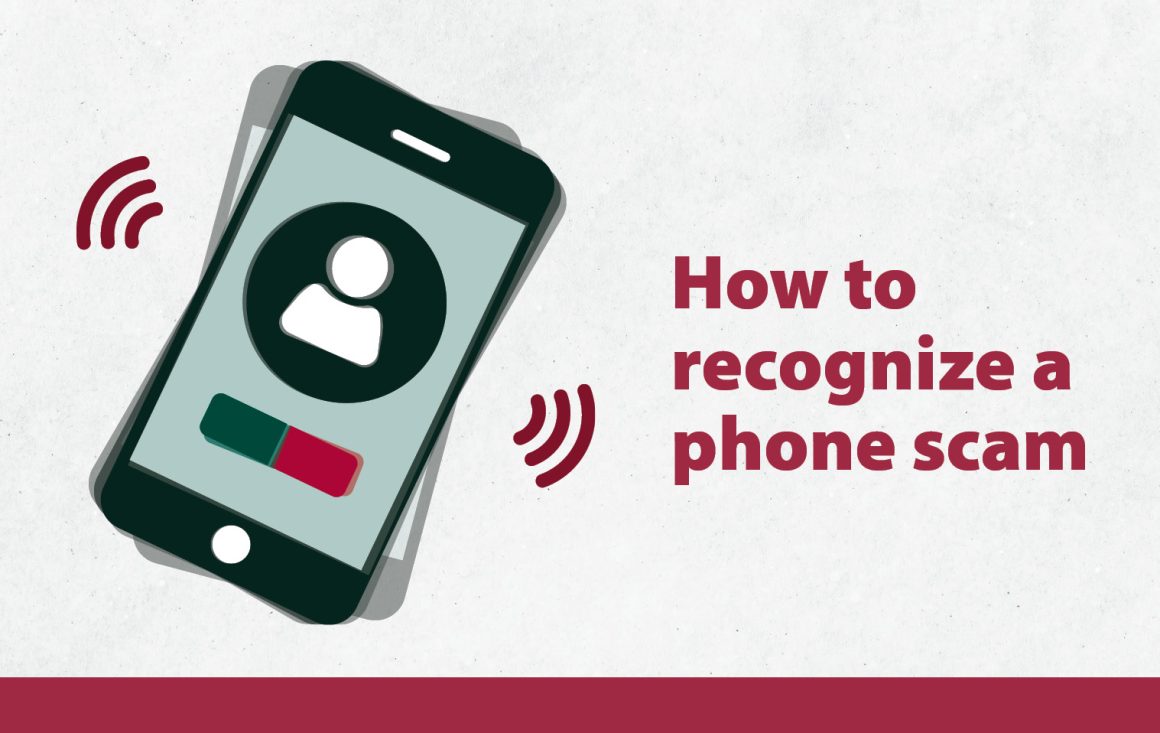Telephone scammers impersonate people they believe you know or trust. They pretend to be attorneys, police officers, creditors, and even credit union representatives by spoofing phone numbers from known sources. It may even look like a credit union number on your caller ID screen. The con artist claims there is a time-sensitive issue that requires you either send money, verify your identity, or provide other confidential information. Do not fall for it.
What they really want to obtain is your account login ID, password, security passcode, or any combination of those items. Having this information makes it easier for the thief to gain access to your personal accounts and, even worse, your hard-earned money. Always remember, DuTrac Community Credit Union will never ask you for your login credentials, including a one-time passcode, full card number, expiration date, CVV code, or PIN.
Before the scammer can assist you or share details about the issue, they must verify your identity. Never give personal information to a caller. Hang up and call your Credit Union.
Why Telephone Scams Work
Thieves use emotional manipulation to get what they want. They aim to incite panic and fear, so you will act before thinking through the situation or speaking with a trusted friend or family member. Staying alert to their tactics is the best way to protect your financial accounts and personal data.
What if I Suspect a Telephone Scam?
In addition to alerting the company that the scammer falsely claimed to represent, you can file a complaint with the Federal Trade Commission. They work with law enforcement to stop phone scams and other fraud schemes.
If you feel you may have been the victim of fraud, contact our Fraud Specialist at fraud@dutrac.org or visit any DuTrac location.

